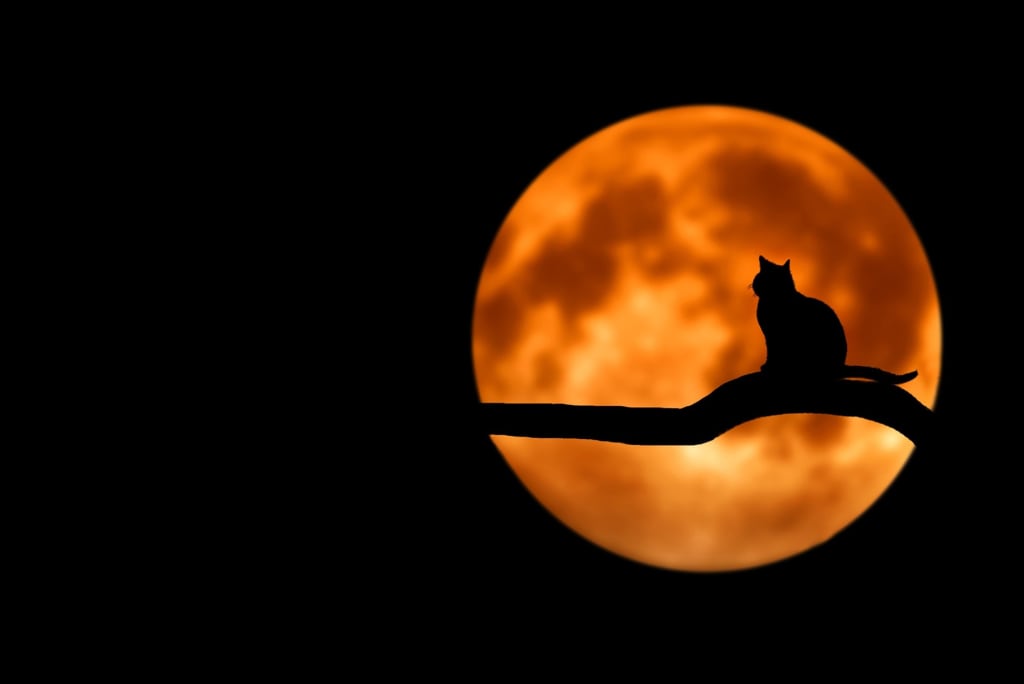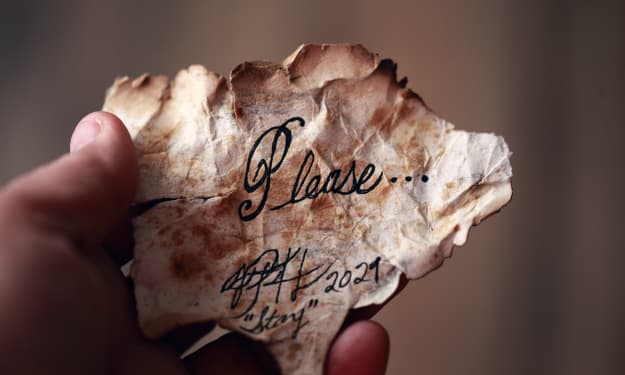
Horror fiction has long been a popular genre, captivating readers with tales of ghosts, monsters, and other supernatural terrors. From classic authors like Edgar Allan Poe and H.P. Lovecraft to modern masters like Stephen King and Clive Barker, horror literature has become an enduring part of popular culture. But why are we so drawn to stories that terrify us?
At its core, horror fiction is about tapping into our deepest fears and anxieties. By exploring the darker side of the human experience, horror literature allows us to confront our own mortality and our most primal instincts. It can also serve as a way to explore social and cultural issues, providing a commentary on the fears and anxieties that plague modern society.
One of the most significant contributions of horror fiction is its ability to create a shared sense of fear and unease. By tapping into our collective fears and anxieties, horror literature can create a sense of shared experience, bringing readers together in a way that is both thrilling and cathartic.
Moreover, horror fiction can be a powerful tool for personal growth and emotional processing. By confronting our deepest fears through the lens of fiction, we can gain new insights into our own emotional landscapes, helping us to better understand and cope with our own anxieties and insecurities.
But perhaps the most compelling aspect of horror fiction is its ability to offer a sense of escapism. By immersing ourselves in worlds of supernatural horror and terror, we can momentarily forget our own mundane problems and concerns, losing ourselves in the thrill of the story.
While horror fiction may not be for everyone, it is undeniable that it has had a significant impact on popular culture. From horror movies to video games, horror literature has influenced a wide range of media and continues to captivate audiences around the world.
But beyond its cultural significance, horror fiction remains an essential aspect of the human experience. By confronting our deepest fears and anxieties, horror literature allows us to explore the darker aspects of the human experience, and to find meaning and understanding in the face of our own mortality.
In conclusion, horror fiction continues to be a captivating and enduring genre, offering a thrilling exploration of our deepest fears and anxieties. From its ability to create a shared sense of experience to its potential for personal growth and emotional processing, horror literature remains an essential part of the human experience. Whether we are reading a classic horror novel or exploring a contemporary horror movie, horror fiction continues to captivate us, challenging us to confront our own fears and anxieties and to find meaning and understanding in the face of the unknown.
Furthermore, horror fiction can be seen as a form of catharsis. By experiencing fear and terror through the safety of fiction, we can release our own pent-up emotions and anxieties, providing a much-needed emotional release. This release can be especially valuable in times of stress or crisis, providing a way for us to cope with our own fears and anxieties.
At the same time, horror fiction can be empowering. By presenting us with characters who face unimaginable terrors and come out victorious, horror literature can inspire us to face our own fears with courage and determination. It can also serve as a way to explore issues of power and agency, allowing us to consider how we might react in situations of extreme stress or danger.
Despite its many positive aspects, horror fiction continues to face criticism from some quarters. Some argue that it is gratuitous or exploitative, that it feeds into a culture of fear and paranoia, or that it is simply too frightening for some readers.
However, for many fans of horror fiction, these criticisms miss the point entirely. Horror literature is not about celebrating fear or promoting paranoia; rather, it is about exploring the darker aspects of the human experience, and finding meaning and understanding in the face of the unknown.
In the end, whether we love or hate horror fiction, it remains an essential part of the literary landscape. By confronting our deepest fears and anxieties, it challenges us to explore the darker side of the human experience, and to find hope and meaning in the face of the unknown.
About the Creator
HABIL
VOCAL.MEDIA WRITER.






Comments
There are no comments for this story
Be the first to respond and start the conversation.